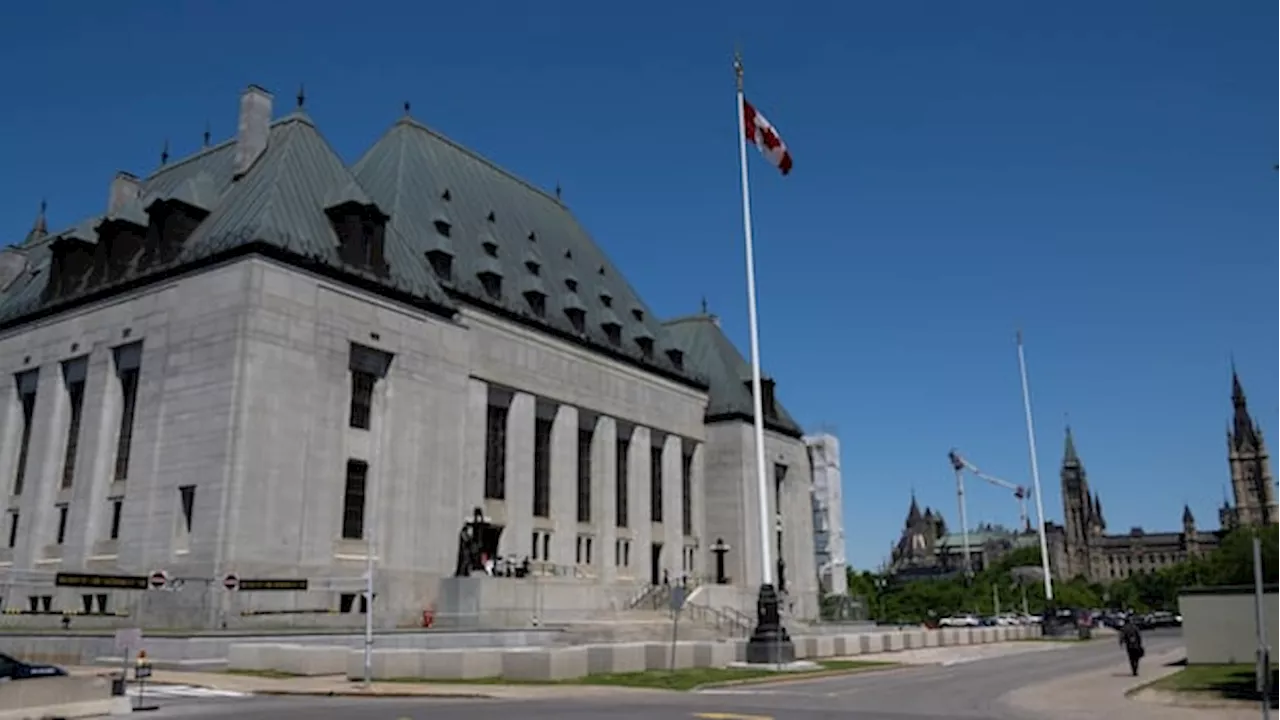The Supreme Court of Canada will hear arguments in a case that could clarify the scope of the Good Samaritan law in cases involving drug overdoses. The case revolves around Paul Wilson, who was arrested for drug possession after calling 911 for a woman experiencing a fentanyl overdose. While the initial drug possession charge was dropped, the arrest led to a search that uncovered guns, resulting in convictions on firearms charges. Harm reduction advocates argue that the case highlights the need for clear guidelines around police powers at overdose scenes, fearing that ambiguity could discourage people from seeking help.
Vancouver lawyer DJ Larkin said the Good Samaritan law is supposed to immunize from arrest people calling for help for those experiencing an overdose. A coalition of drug policy groups says it is intervening in a case involving the Good Samaritan law to provide the Supreme Court of Canada with a 'path' to clarify the law's public health purpose.
(Benoit Roussel/CBC)Outside a rural Saskatchewan elementary school on a fall morning in 2020, Paul Wilson and three others parked their truck and called 911 as a woman they were with experienced a fentanyl overdose. When police arrived, paramedics were already treating the woman. A Mountie who responded to the scene smelled marijuana from the vehicle and noticed a baggie which looked like crystal meth on the ground outside the driver's side door. Wilson was arrested for drug possession, and a search later turned up a bag with guns, false identity documents and a quantity of 'apparent drugs.' Wilson was convicted on multiple gun charges in 2022, but the Saskatchewan Court of Appeal found the drug possession arrest was unlawful under Canada's Good Samaritan law, which is meant to shield people from arrest after they seek help for someone in medical distress. The thorny legal questions raised by the case are now set to be tested in the Supreme Court of Canada, and harm reduction advocates say the case will determine the future of the current Good Samaritan law. The hearing Tuesday will hear arguments on the powers of police to arrest people at the scene of a drug overdose and whether the 2017 law, known as the Good Samaritan Drug Overdose Act, is clear about those powers. Lawyer DJ Larkin, executive director of the Canadian Drug Policy Coalition, said Monday that Wilson and others with him 'did the right thing' by calling for medical help, likely saving the person's life. Larkin said the Good Samaritan law is supposed to immunize from arrest people calling for help for those experiencing an overdose, and a coalition of drug policy groups is intervening in the case to provide the court with a 'path' to clarify the law's public health purpose. 'These laws need to be clear and easily understood. If anyone needing to take action in an emergency, they need to know the risk they face,' Larkin said. 'You shouldn't need a law degree to understand what will happen if you call 911.'Harm reduction advocates are intervening in a Supreme Court case to seek clarity on law meant to prevent arrests during an overdose call. The groups, including the Harm Reduction Nurses Association and the Association of Addiction Workers of Quebec, held a briefing Monday to outline their role as interveners in the case and to highlight the legal issues at play. They claim the high court's decision will have national ramifications for people who call 911 for overdoses and whether they're safe from arrest if they remain at the scene. Corey Ranger, president of the Harm Reduction Nurses Association, said the organization provides naloxone training for overdose prevention, telling those they train that the Good Samaritan law will protect them from arrest at the scene of an overdose. 'We tell people that you must stay with the person who overdosed, that leaving them behind is a risk for death,' he said. 'If our education has to change … we'll see a lot more people abandoned at the scene of an overdose.' Ranger and Larkin said the groups are intervening in the case, fearing that a lack of clarity in the Good Samaritan law will cause people to delay or avoid calling 911 for overdoses or leaving the scene in fear of being arrested when police arrive. 'If we want fewer workers finding people dead in tents, alleyways, public restrooms, then we must not compromise on the Good Samaritan provision,' Ranger said. Lawyer Maxime Bedard said the 'primary question' the high court panel will have to answer is whether police can legally arrest people for simple drug possession at the scene of an overdose, as Wilson was back in 2020. Wilson was arrested for the offence but not charged with drug possession, though police used the initial arrest as a pretext for the search that turned up the guns that led to the firearms charges. Larkin said the groups hope the Supreme Court's decision in the case will provide a 'guiding light' to courts across the country. 'The court has the opportunity to decide this case in a way that provides a beacon for other courts so that we can prevent harm so that we can save the lives of our loved ones and our community members,' Larkin said
GOOD SAMARITAN LAW DRUG OVERDOSE POLICE POWERS SUPREME COURT OF CANADA PAUL WILSON HARMFUL REDUCTION
Canada Latest News, Canada Headlines
Similar News:You can also read news stories similar to this one that we have collected from other news sources.
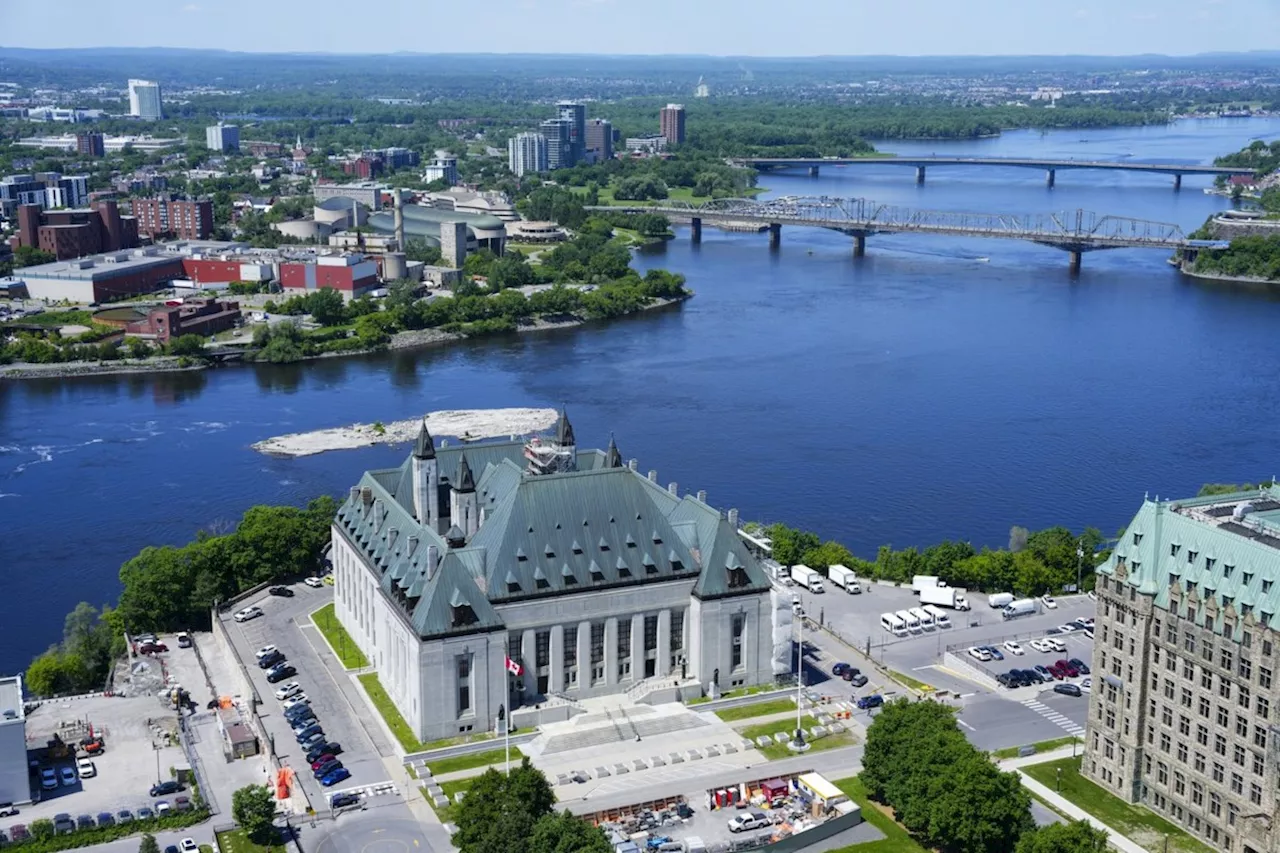 Supreme Court to Weigh Fate of Canada's Good Samaritan Law in Overdose CaseThe Supreme Court of Canada will hear arguments in a case that could determine the future of Canada's Good Samaritan law, which protects individuals who call for help during drug overdoses. The case involves Paul Wilson, who was arrested for drug possession after calling 911 for a woman experiencing a fentanyl overdose in 2020.
Supreme Court to Weigh Fate of Canada's Good Samaritan Law in Overdose CaseThe Supreme Court of Canada will hear arguments in a case that could determine the future of Canada's Good Samaritan law, which protects individuals who call for help during drug overdoses. The case involves Paul Wilson, who was arrested for drug possession after calling 911 for a woman experiencing a fentanyl overdose in 2020.
Read more »
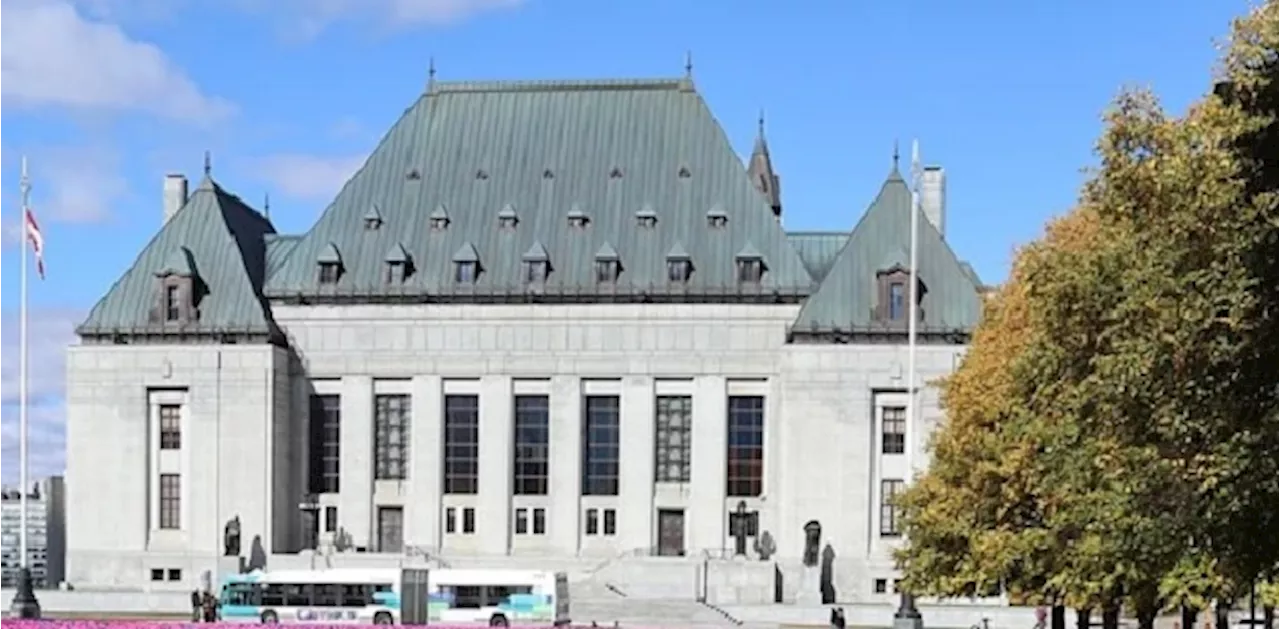 Supreme Court Case Tests Canada's Good Samaritan Law for Overdose CallsA case before the Supreme Court of Canada will examine the limits of police power to arrest individuals at overdose scenes and the clarity of the Good Samaritan Drug Overdose Act. The case stems from the arrest of Paul Wilson in Saskatchewan after he called 911 for help during a fentanyl overdose. Harm reduction advocates argue that the court's decision will set a precedent for the safety of bystanders who seek help during overdoses across the country.
Supreme Court Case Tests Canada's Good Samaritan Law for Overdose CallsA case before the Supreme Court of Canada will examine the limits of police power to arrest individuals at overdose scenes and the clarity of the Good Samaritan Drug Overdose Act. The case stems from the arrest of Paul Wilson in Saskatchewan after he called 911 for help during a fentanyl overdose. Harm reduction advocates argue that the court's decision will set a precedent for the safety of bystanders who seek help during overdoses across the country.
Read more »
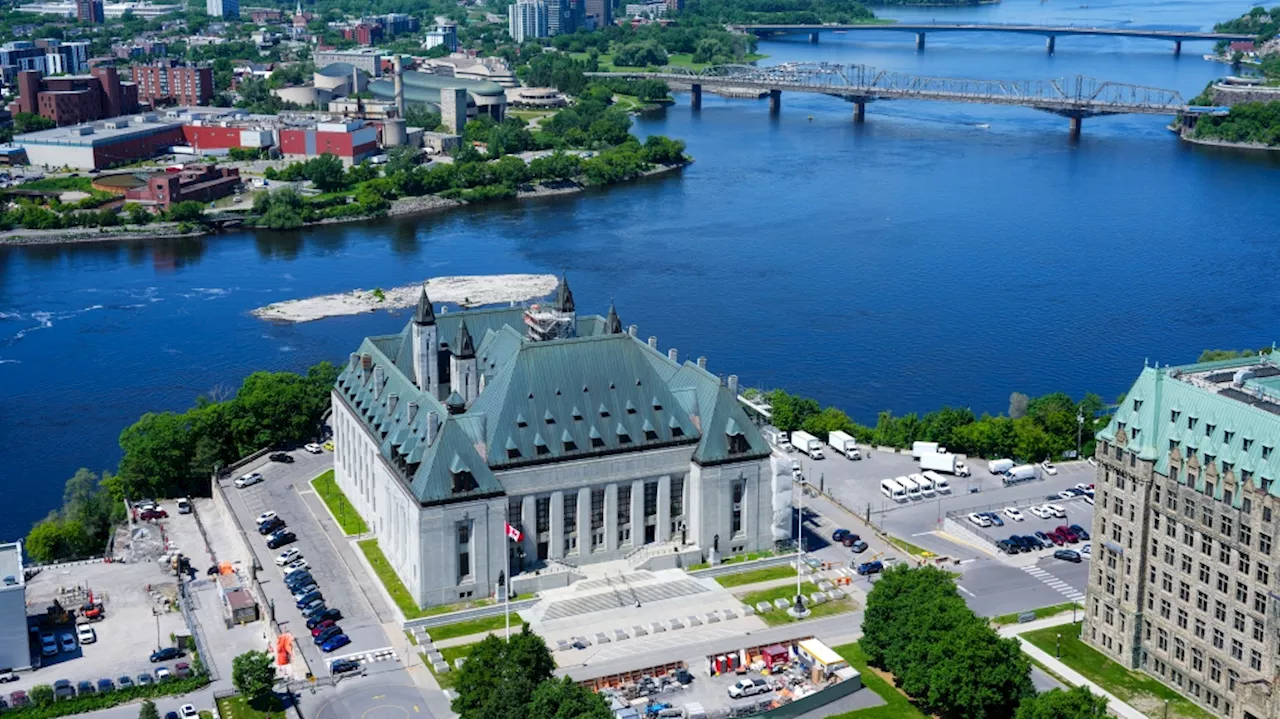 Supreme Court to Clarify Good Samaritan Law in Landmark Drug Overdose CaseThe Supreme Court of Canada will hear arguments on the scope of Canada's Good Samaritan drug overdose law, a case that could impact harm reduction efforts across the country. The case centers around a 2020 incident where Paul Wilson was arrested for drug possession after calling 911 for a fentanyl overdose.
Supreme Court to Clarify Good Samaritan Law in Landmark Drug Overdose CaseThe Supreme Court of Canada will hear arguments on the scope of Canada's Good Samaritan drug overdose law, a case that could impact harm reduction efforts across the country. The case centers around a 2020 incident where Paul Wilson was arrested for drug possession after calling 911 for a fentanyl overdose.
Read more »
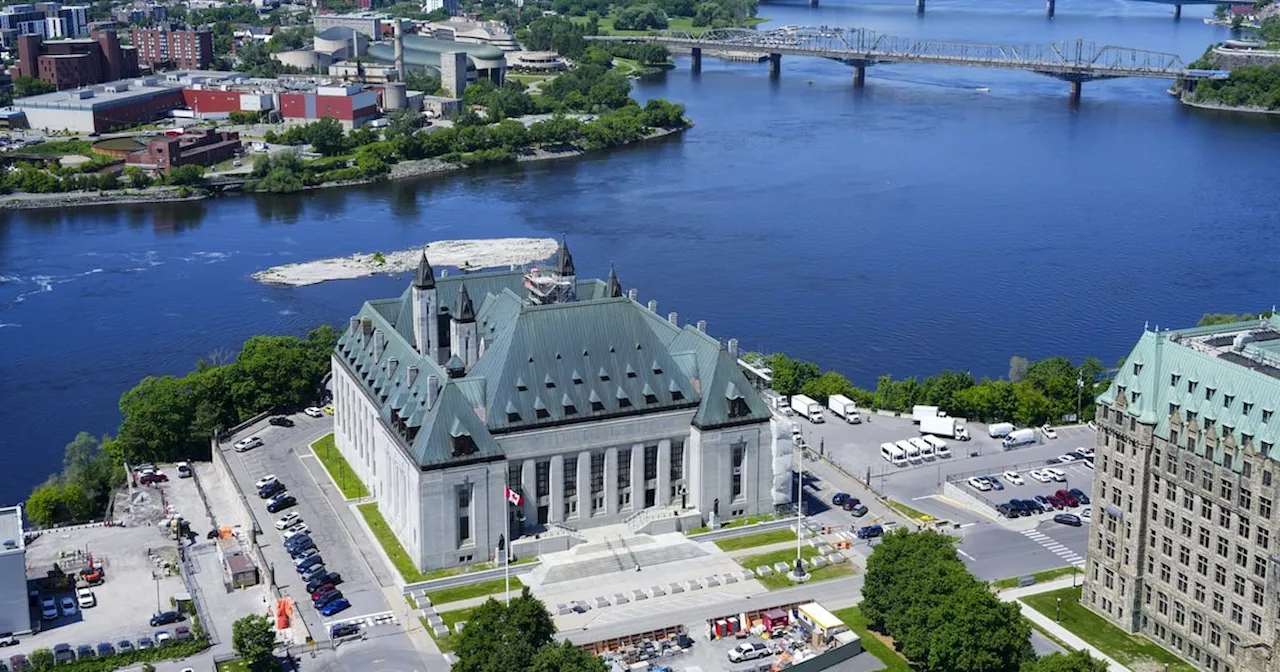 Supreme Court to Decide Fate of Canada's Good Samaritan Drug Overdose LawThe Supreme Court of Canada will hear arguments on whether police can legally arrest people for simple drug possession at the scene of a drug overdose, a case with national implications for harm reduction efforts. The case revolves around Paul Wilson's arrest in 2020 after calling 911 for a woman experiencing a fentanyl overdose.
Supreme Court to Decide Fate of Canada's Good Samaritan Drug Overdose LawThe Supreme Court of Canada will hear arguments on whether police can legally arrest people for simple drug possession at the scene of a drug overdose, a case with national implications for harm reduction efforts. The case revolves around Paul Wilson's arrest in 2020 after calling 911 for a woman experiencing a fentanyl overdose.
Read more »
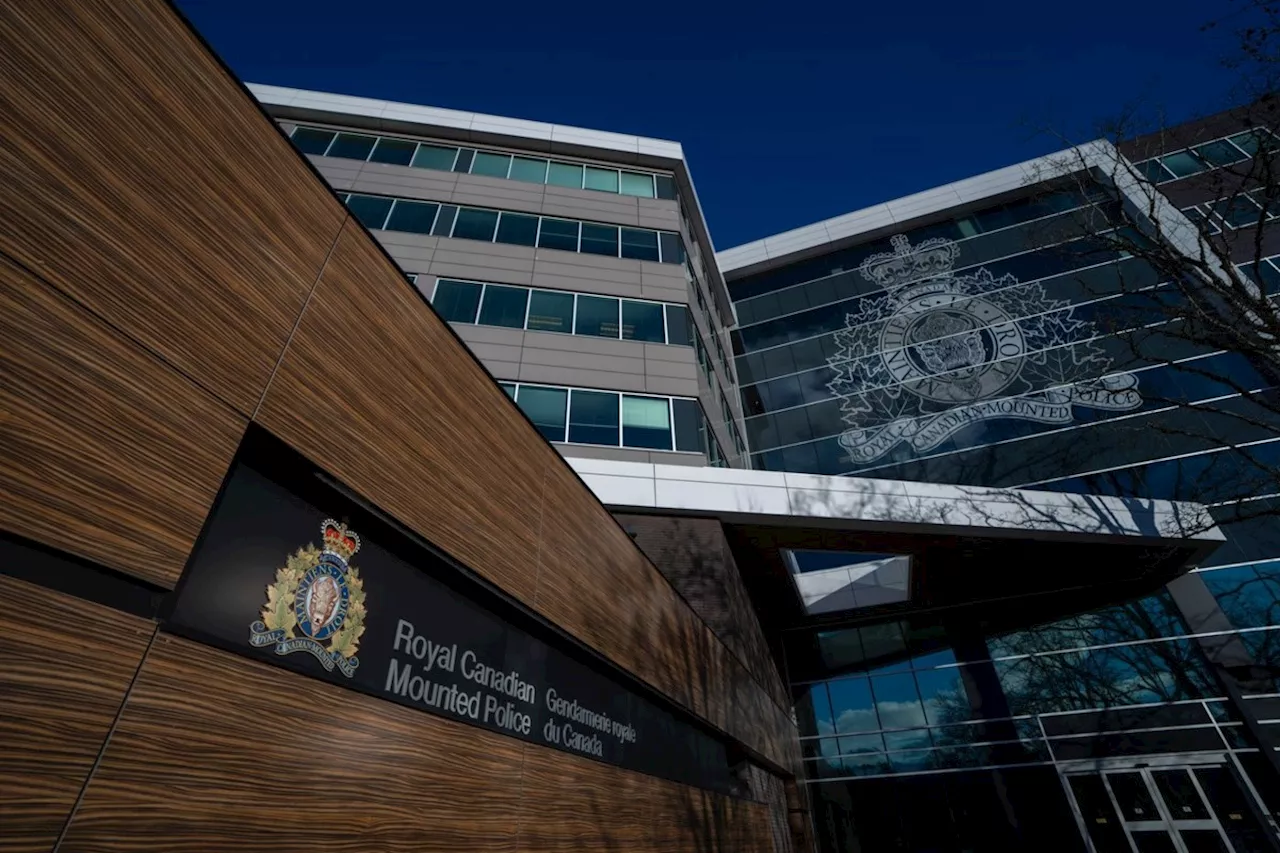 Six Impaired Driving Charges Approved in Fatal Crash Involving Good SamaritanA 29-year-old man faces six impaired driving charges after a crash that killed an 80-year-old man who stopped to help a distressed motorist.
Six Impaired Driving Charges Approved in Fatal Crash Involving Good SamaritanA 29-year-old man faces six impaired driving charges after a crash that killed an 80-year-old man who stopped to help a distressed motorist.
Read more »
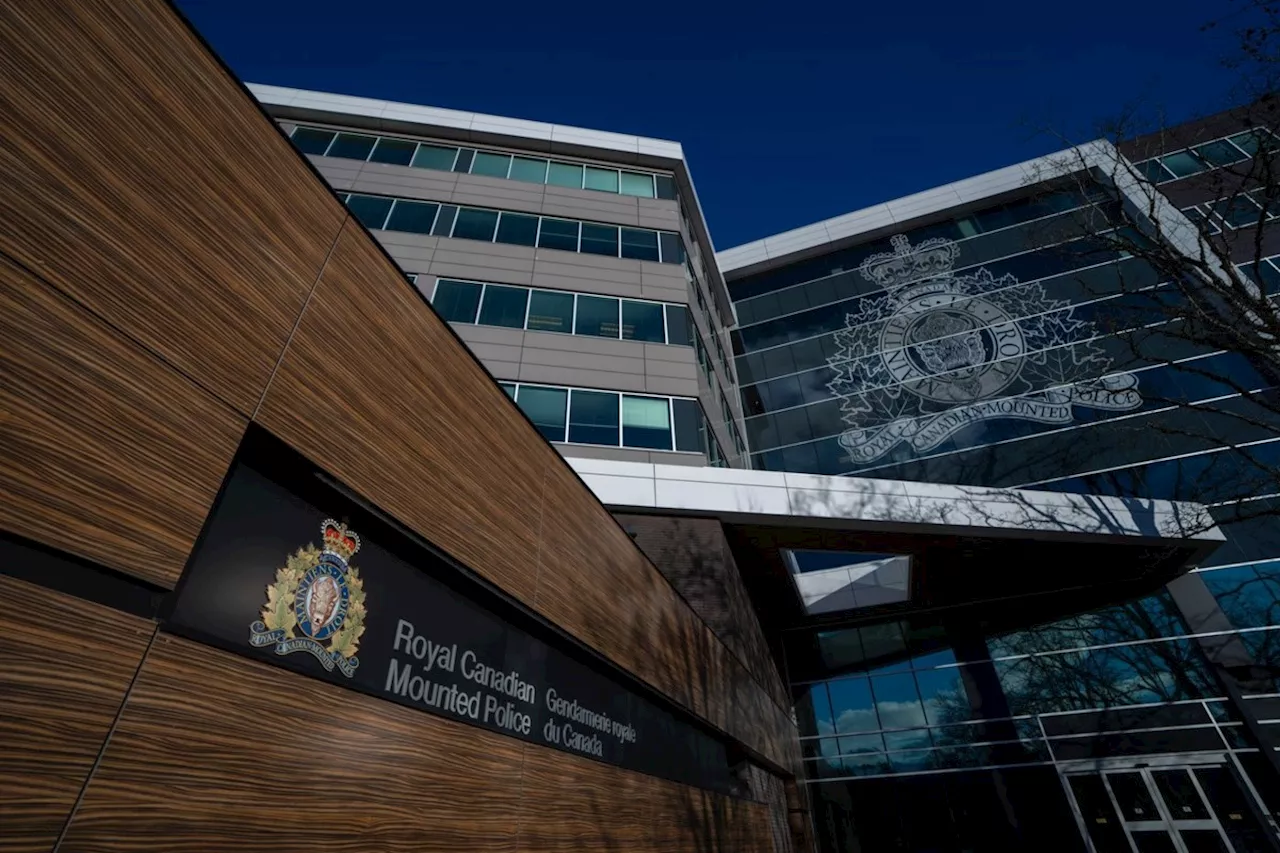 B.C. man faces six impaired driving charges over crash that killed Good Samaritan, 80SURREY, B.C. — Mounties in British Columbia say six impaired driving charges have been approved against a 29-year-old man over a crash that killed an elderly Good Samaritan near Qualicum Beach earlier this year.
B.C. man faces six impaired driving charges over crash that killed Good Samaritan, 80SURREY, B.C. — Mounties in British Columbia say six impaired driving charges have been approved against a 29-year-old man over a crash that killed an elderly Good Samaritan near Qualicum Beach earlier this year.
Read more »
